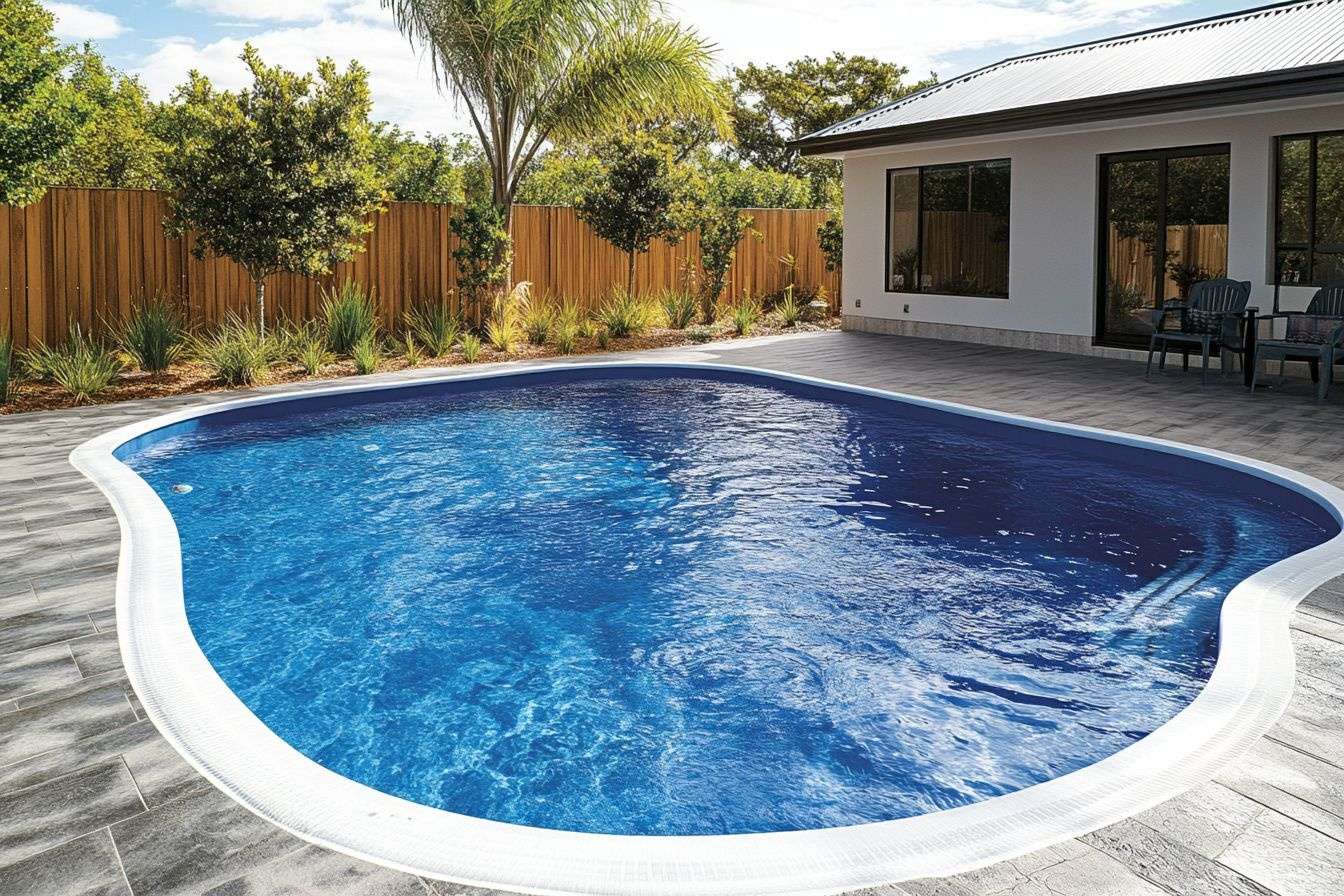Resin Outdoor Flooring: A Complete Guide for American Homeowners
Resin outdoor flooring has emerged as a game-changing solution for American homeowners seeking durable, attractive, and weather-resistant surfaces for their patios, driveways, pool areas, and garden pathways. This innovative flooring material combines aesthetic appeal with practical functionality, offering a seamless alternative to traditional concrete, stone, or wood surfaces that can withstand the diverse climate conditions across the United States.

Understanding Resin Outdoor Flooring for American Homes and Gardens
Resin outdoor flooring, also known as resin-bound or epoxy resin surfaces, consists of natural aggregates such as gravel, crushed stone, or recycled materials mixed with a clear polyurethane or epoxy resin binder. This combination creates a porous, permeable surface that allows water drainage while maintaining structural integrity. The material adheres directly to existing concrete surfaces or properly prepared substrates, making it an excellent choice for renovating existing outdoor spaces without complete reconstruction.
The popularity of resin flooring in American residential applications stems from its versatility in design options. Homeowners can choose from various aggregate colors, sizes, and textures to complement their home’s architecture and landscaping. The smooth, seamless finish eliminates weed growth between joints and provides a safe, slip-resistant surface that remains comfortable for bare feet around pools and recreational areas.
Exploring the Advantages of Resin Flooring for Outdoor Spaces
Resin outdoor flooring offers numerous benefits that make it superior to traditional paving materials. The porous nature of properly installed resin surfaces allows rainwater to drain naturally, reducing puddles and preventing water damage to surrounding structures. This permeability also helps prevent ice formation during winter months, enhancing safety in colder climates.
Maintenance requirements for resin flooring are minimal compared to other outdoor surface options. The seamless surface prevents debris accumulation and eliminates the need for regular joint cleaning or weed removal. A simple pressure wash or gentle scrubbing with mild detergent typically maintains the surface’s appearance for years. Additionally, resin surfaces resist oil stains, UV degradation, and extreme temperature fluctuations common in American climate zones.
The durability of quality resin installations can exceed 15-20 years with proper maintenance, making it a cost-effective long-term investment. Unlike concrete that may crack or pavers that can shift, resin surfaces maintain their structural integrity and appearance when installed over properly prepared substrates.
Weather Resistance and Climate Considerations
American homeowners must consider their local climate conditions when selecting resin flooring systems. Different resin formulations perform better in specific weather patterns, with polyurethane-based systems generally offering superior UV resistance for sunny southern climates, while epoxy-based options may be more suitable for areas with extreme temperature variations.
In regions experiencing freeze-thaw cycles, proper substrate preparation becomes critical for long-term performance. The base must be stable and well-draining to prevent moisture-related expansion issues. Resin surfaces naturally expand and contract with temperature changes, but quality installations accommodate these movements without cracking or delamination.
For hurricane-prone coastal areas, resin flooring’s seamless nature provides advantages over traditional paving materials that may become projectiles during severe weather events. The material’s flexibility also helps it withstand ground movement and settling better than rigid concrete surfaces.
Installation and Maintenance Guidance for Long-Lasting Results
Professional installation is crucial for achieving durable resin outdoor surfaces. The process begins with thorough substrate preparation, including cleaning, repairing cracks, and ensuring proper drainage slopes. Weather conditions during installation significantly impact the final result, with dry conditions and moderate temperatures providing optimal curing environments.
The installation process typically involves mixing resin and aggregates in precise ratios, applying the mixture to the prepared surface, and smoothing it to the desired thickness and finish. Curing time varies based on temperature and humidity but generally requires 24-48 hours before light foot traffic and several days before heavy use.
Regular maintenance involves periodic cleaning with appropriate products and prompt attention to any damage. Small repairs can often be completed by applying additional resin mixture to affected areas, making long-term maintenance more manageable than complete surface replacement.
| Provider | Service Type | Coverage Area | Estimated Cost per Sq Ft |
|---|---|---|---|
| SurePave USA | Installation & Materials | Nationwide | $8-12 |
| American Resin Solutions | Custom Design & Install | Regional (Multi-state) | $10-15 |
| EpoxyPlus | DIY Kits & Installation | West Coast | $6-10 |
| Pro Surface Systems | Commercial & Residential | Southeast | $9-14 |
Prices, rates, or cost estimates mentioned in this article are based on the latest available information but may change over time. Independent research is advised before making financial decisions.
Environmental Benefits and Sustainable Options
Eco-friendly resin outdoor flooring options address growing environmental concerns among American homeowners. Many resin systems incorporate recycled materials, including reclaimed glass, recycled rubber, or crushed concrete, reducing waste while creating attractive surfaces. The permeable nature of resin flooring supports natural water management and reduces stormwater runoff, contributing to sustainable landscaping practices.
Some manufacturers offer bio-based resin formulations derived from renewable resources, further reducing environmental impact. The longevity of properly installed resin surfaces also contributes to sustainability by reducing the frequency of surface replacement and associated material consumption.
The ability to install resin flooring over existing concrete surfaces eliminates demolition waste and reduces the carbon footprint associated with complete surface replacement projects.
Resin outdoor flooring represents an excellent investment for American homeowners seeking attractive, durable, and low-maintenance outdoor surfaces. With proper material selection, professional installation, and regular maintenance, resin flooring can provide decades of reliable performance while enhancing property value and outdoor living experiences. The combination of aesthetic flexibility, weather resistance, and environmental benefits makes resin flooring an increasingly popular choice for discerning homeowners across diverse American climates and applications.



